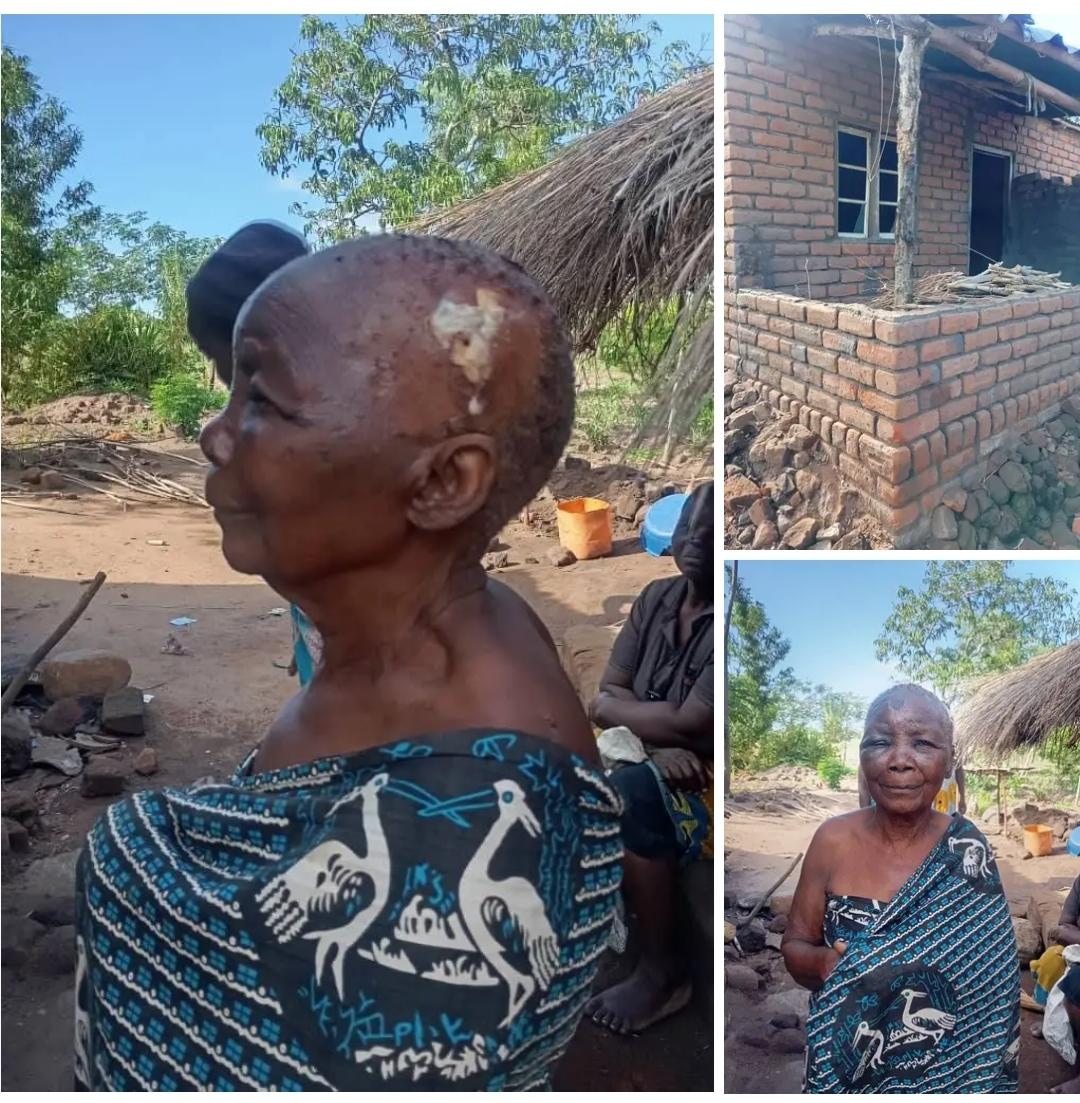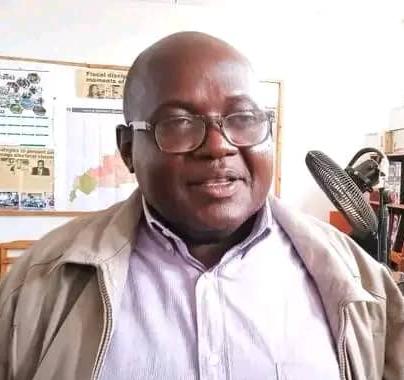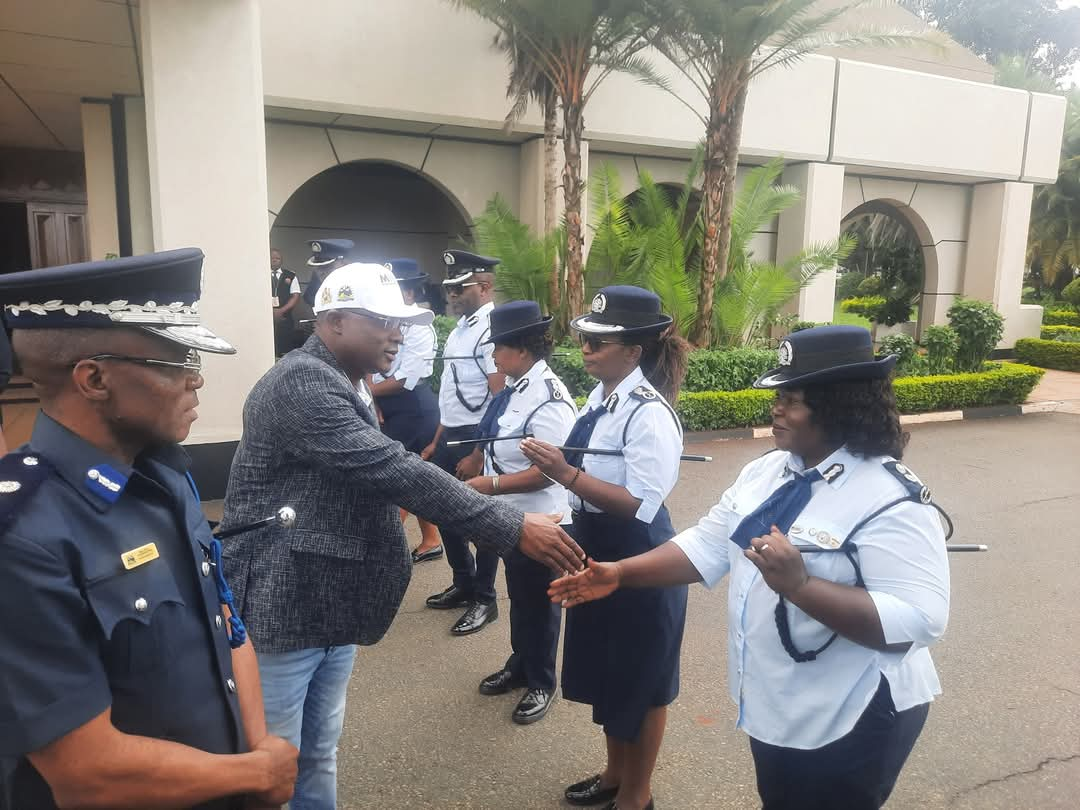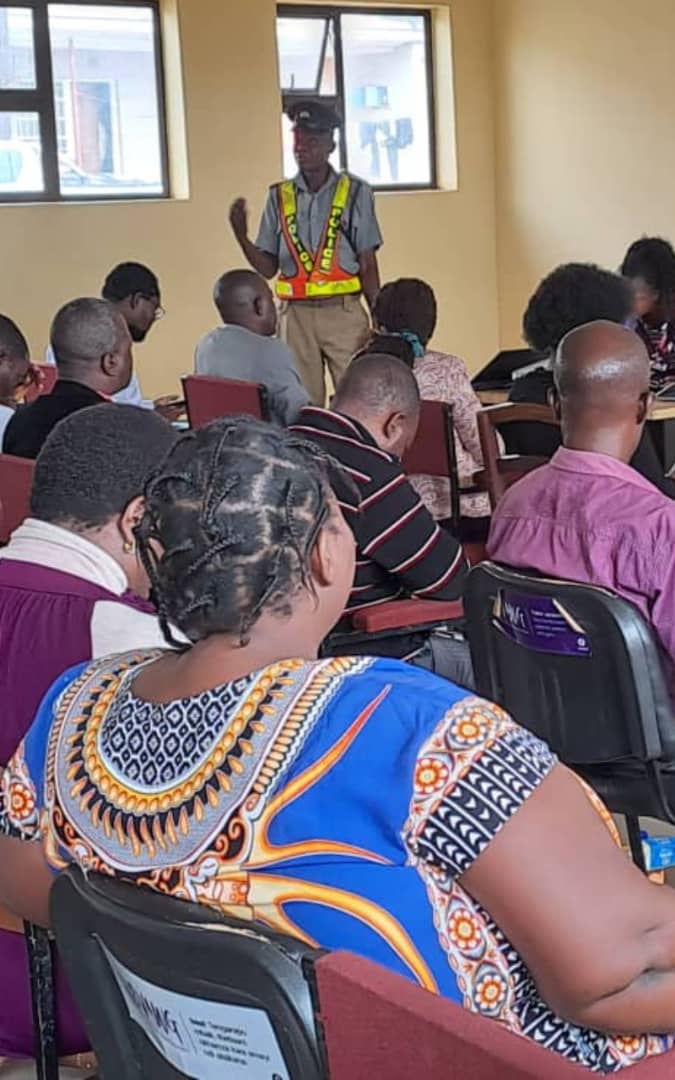By Twink Jones Gadama
In a world that often prides itself on progress and enlightenment, the recent brutal beating of 87-year-old Mary Laini Kaude in Matewere Village, T/A Juma, Mulanje, serves as a crucial reminder of the deep-seated superstitions and societal injustices that still plague many communities. Accused of causing a drought through witchcraft, Mary has become a victim of a mob mentality that disregards the sanctity of human life and the rights of the elderly. This incident not only highlights the trauma endured by Mary but also raises critical questions about the responsibilities of society, organizations dedicated to the welfare of the elderly, and the government in protecting vulnerable populations.
Mary’s ordeal is emblematic of the trauma that many elderly individuals face in Malawi and beyond. The physical pain inflicted upon her by the mob is only the tip of the iceberg. The psychological scars from such an experience can be far more damaging and long-lasting. At 87, Mary is in a vulnerable stage of life where the need for safety, dignity, and respect is paramount. The brutal attack she suffered not only leaves her with physical injuries but also instills a profound sense of fear and isolation. The trauma of being targeted by her own community, accused of something as unfounded as witchcraft, can lead to severe mental health issues, including anxiety, depression, and post-traumatic stress disorder (PTSD).
Moreover, the societal implications of such violence against the elderly are alarming. It reflects a broader cultural issue where superstition and ignorance can lead to mob justice, often resulting in tragic outcomes for innocent individuals. The elderly, who should be revered for their wisdom and life experiences, are instead subjected to violence and discrimination. This not only undermines their dignity but also erodes the social fabric of communities, fostering an environment of fear and mistrust.
In light of this incident, organizations that focus on the welfare of the elderly must take a proactive stance in addressing the systemic issues that allow such violence to occur. These organizations should prioritize education and awareness campaigns that challenge the harmful beliefs surrounding witchcraft and the elderly. By engaging with communities, they can help dispel myths and promote a culture of respect and care for older individuals. Additionally, these organizations should provide support services for victims of violence, including counseling and medical assistance, to help them recover from their trauma.
Furthermore, there is a pressing need for advocacy at the governmental level. The Malawian government has a crucial role to play in protecting its citizens, particularly the most vulnerable among them. This includes enacting and enforcing laws that specifically address violence against the elderly and ensuring that those who perpetrate such acts are held accountable. The government should also invest in community education programs that promote the rights of the elderly and challenge harmful stereotypes.
In addition to legal protections, the government should establish support systems for the elderly, including access to healthcare, social services, and safe spaces where they can seek refuge from violence. By creating an environment where the elderly feel safe and valued, the government can help to mitigate the risks they face in their communities.
To address the root causes of such violence, a multi-faceted approach is necessary. Education is key; communities must be educated about the realities of climate change and the natural factors that influence weather patterns, rather than attributing these changes to the actions of individuals. Schools, local leaders, and community organizations should work together to foster a culture of critical thinking and empathy, encouraging individuals to seek understanding rather than scapegoating the vulnerable.
Moreover, community leaders must take a stand against mob justice and violence. They should be trained to mediate conflicts and address grievances in a constructive manner, rather than allowing fear and superstition to dictate actions. By promoting dialogue and understanding, communities can begin to heal and move away from harmful practices that endanger the lives of their members.
In conclusion, the brutal attack on Mary Laini Kaude is a tragic reminder of the vulnerabilities faced by the elderly in Malawi. The trauma she has endured is not just a personal tragedy; it is a reflection of a societal failure to protect its most vulnerable members. Organizations dedicated to the welfare of the elderly must take action to educate communities and provide support for victims, while the government must enact and enforce laws that protect the rights of the elderly. By working together, we can create a society that values and respects its elderly population, ensuring that no one has to endure the pain and suffering that Mary has faced. It is time for us to stand up against violence and discrimination, to advocate for the rights of the elderly, and to foster a culture of compassion and understanding. Only then can we hope to build a future where all individuals, regardless of age, can live with dignity and respect.




